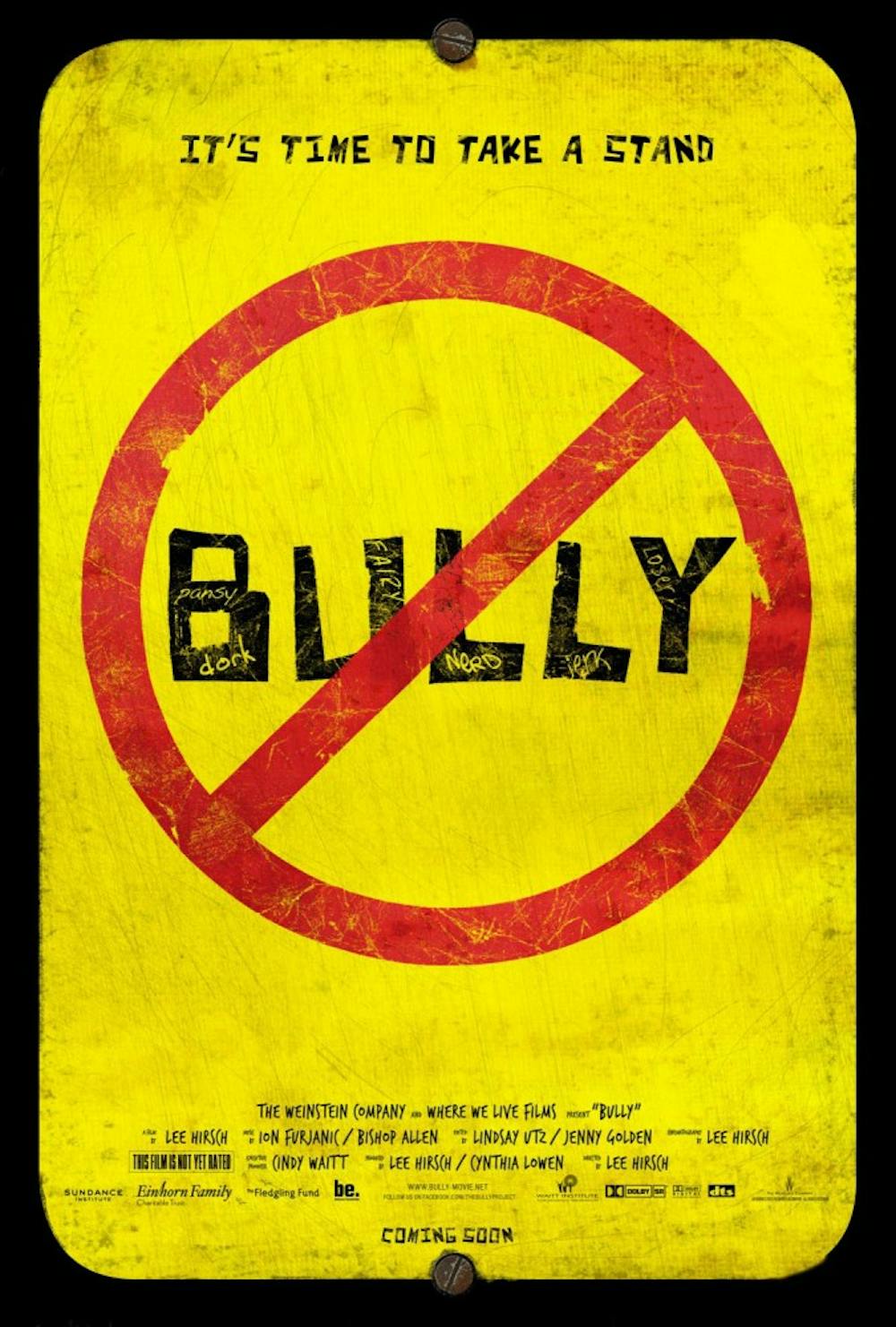Bullying – it’s a term everyone is familiar with, and may have even experienced personally at some point in time. We’ve seen kids get shoved into lockers, mercilessly taunted or even isolated by peers because they seemed “different” or “abnormal.” There are dozens of ways a child, adolescent, teenager or even young adult can get bullied by his or her peers, but no matter what the bully prescription is, the effects of it can be drastic and tragic.
The documentary “Bully”, a character-driven film that tells firsthand accounts of bullying, was released April 13 in movie theaters across the nation. The documentary has been highly praised by critics and conveys an incredibly important message of the bullying epidemic in America. But what does the release of “Bully” really mean for the bullying epidemic in America?
Human interest causes have recently captured a whole nation’s attention very fervently, at a very rapid pace. People are now using Facebook and Twitter to promote causes or to draw attention to issues they are passionate about.
But a downside of this rapid advocacy of human rights issues is the viral effect we constantly see in YouTube videos. For a short span of time, a certain video will be linked, shared and tweeted by millions of users, but after that span of time expires, that video is forgotten and put into the virtual trash bin along with all the other expired viral sensations.
Unfortunately, this trend seems to be rubbing off on advocacy and human rights issues as well. Only a month ago, it seemed like no one could get away from #Kony2012 or #StopKony, but now, with little mention of the campaign on Twitter or Facebook, the issue has hardly been discussed since.
The issue of bullying, although it has been around for decades, has recently seen a dramatic advocacy interest in society.
Lady Gaga has started an anti-bullying charity, video testimonials of bullied kids have garnered popular interest and last week’s release of “Bully” are all testaments to what is apparently the latest hot button social issue. But issues such as bullying should not be viral sensations.
We exist in a viral-based society in which things are popular for short bursts of time, matching our rapidly shortening attention spans.
But an issue that involves widespread verbal, physical and psychological abuse should have continuous support and campaigning. We shouldn’t champion a cause because it’s popular – we should champion it because it’s the right thing to do.


